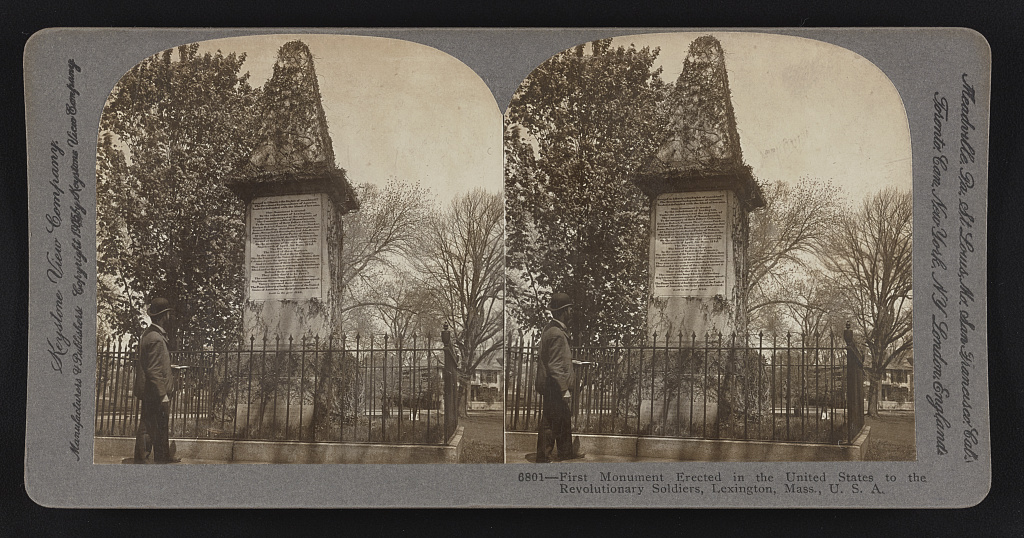
I can make no claims that my ancestor, Nathaniel Couch, maintained a close friendship with George Washington. Their lives, however, clearly intertwined. As noted in my first blog post about Nathaniel, he was born in Winchester, Virginia in 1725. He remained there for decades. Then, according to The George Washington Presidential Library at Mount Vernon, from 1748 to 1758, Washington “spent more nights in Winchester than another place besides his home [in Mount Vernon].”
Case for a Relationship Between Nathaniel Couch and George Washington
Washington arrived at Winchester on March 16, 1748 as part of a surveying party, a job he performed for about three years. (Note: my two sons and I recently toured the office that Washington used in Winchester for this purpose. If you’d like to donate to a worthy cause, the museum is trying to raise funds for an ADA-compliant bathroom on the site.)
Returning to the 1740s, at that time, the community of Winchester consisted only of “the courthouse, a jail, an Anglican church, and what one observer described as ‘about 60 houses, which are rather poorly built.’” Nathaniel was only seven years older than Washington. So, it seems extraordinarily unlikely that they didn’t cross paths in this small community—one that was surrounded by much wilderness, precluding easy travel to other locations.
Ohio River Valley
Because of Washington’s knowledge about the region, gleaned through his surveying duties, Governor Robert Dinwiddie chose Washington to travel to the Ohio River Valley in 1753. He was to warn the French to vacate the area. (He did. They didn’t.) In response, Washington was named a colonel and the commander in chief of Virginia forces, participating in the Seven Years War (French and Indian War). Both Washington and Nathaniel marched from Virginia to the Ohio River Valley as an adjunct to the British forces that attempted to attack the French Fort Duquesne. Both Washington and my ancestor were likely lucky to escape with their lives after Braddock’s Defeat in 1755.
Point being, even if the two men—Washington and my ancestor—didn’t spend much time together in Winchester, they were involved in the same military effort where they cut through about 200 miles of wilderness, building roads along the way, with Nathaniel serving as a Virginia Rifleman.
Fort Loudoun
After returning to Winchester, post-Braddock’s Defeat, Washington constructed and lived in Fort Loudoun. On a recent trip to Winchester, my two sons and I viewed where it once stood although only a well remains.
Revolutionary War
Years later, both men fought in the Revolutionary War against the British; by this time, of course, the two men had vastly different military ranks.
Initially, in the Revolutionary War, Nathaniel was a ranger on the frontier—a job that the U.S. Army calls “among the first leaders of America’s Army.” When, on June 14, 1775, Congress established the Continental Army, the rifle companies largely consisted of frontiersmen with experience in the French and Indian War. Many of the riflemen played sharpshooter roles, targeting British officers; the Army compares them to today’s Army Ranger units playing specialized light infantry roles.
At some point—I need to look into this more—Nathanial became part of the Westmoreland Co. militia under Captain Eleazer Williams. These were “men in arms formed to protect their towns from foreign invasion and ravages of war.”
Next Up
Nathaniel Couch also played a role in the Whiskey Rebellion.